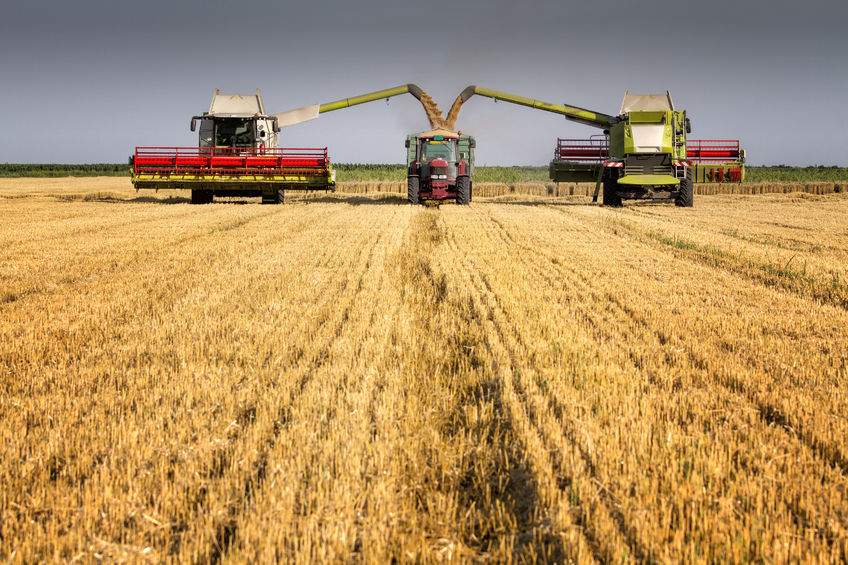
British researchers are working with a team of European scientists to develop a framework to ensure UK farming post-Brexit is resilient and sustainable.
Amidst the uncertainty of what the future holds for UK farming post-Brexit and what the new British agricultural policy will look like, achieving resilience of the agricultural sector will be an important goal.
Researchers from the University of Gloucestershire’s Countryside and Community Research Institute (CCRI) are working with a team of European scientists to develop a novel resilience-enabling framework.
The framework will be able to support policy makers and the farming sector to enhance the sustainability and resilience of farms and farming systems.
UK farmers will increasingly have to deal with uncertainties such as a significant reduction or loss of subsidies, access to plant protection products, labour costs, changing trade relationships and more volatile producer prices and exchange rate fluctuations, alongside continuing environmental risks such as extreme weather events.
Additionally, stresses and opportunities due to demographic change, as well as changing societal concerns and consumer preferences, to name a few, play a role.
To accommodate the multitude of resulting challenges, the EU-wide group of scientists, working together as part of the SURE-Farm project, indicates the need for policy and agribusiness to look beyond traditional strategies.
The University of Gloucestershire and the University of Aberystwyth are the UK partners in SURE-Farm, which involves 11 case study regions across Europe.
The UK case study covers arable farming in the East of England that, alongside farmers across the UK, faces considerable challenges in terms of the uncertainties around Brexit, together with the ongoing pressures of responding to consumer preferences, public perceptions of agriculture and balancing farm business performance with environmental sustainability.
'Crucial time'
Mauro Vigani, from the University of Gloucestershire, said it is a "crucial time" for British agriculture.
“A deeper understanding of what makes farms resilient will be important to safeguard UK farming and food production into the future,” Mr Vigani said.
Whatever the future UK agricultural policy landscape ends up looking like, important contributions to resilience are likely to come from the agricultural sector itself.
This includes radical changes in the way goods and services are produced, financed and marketed, involving entrepreneurship and new business models, alongside farmers’ experimentation, innovation and farmer-to-farmer knowledge exchange.
Such an understanding of resilience goes way beyond the assumption that policies addressing resilience of agriculture should mainly focus on the robustness of farms and farm incomes.
The SURE-Farm team argues that, alongside policy and market instruments aimed at maintaining the stability of the farm business, farms also need to develop the capacity to adapt or transform in the current higher risk environment.
